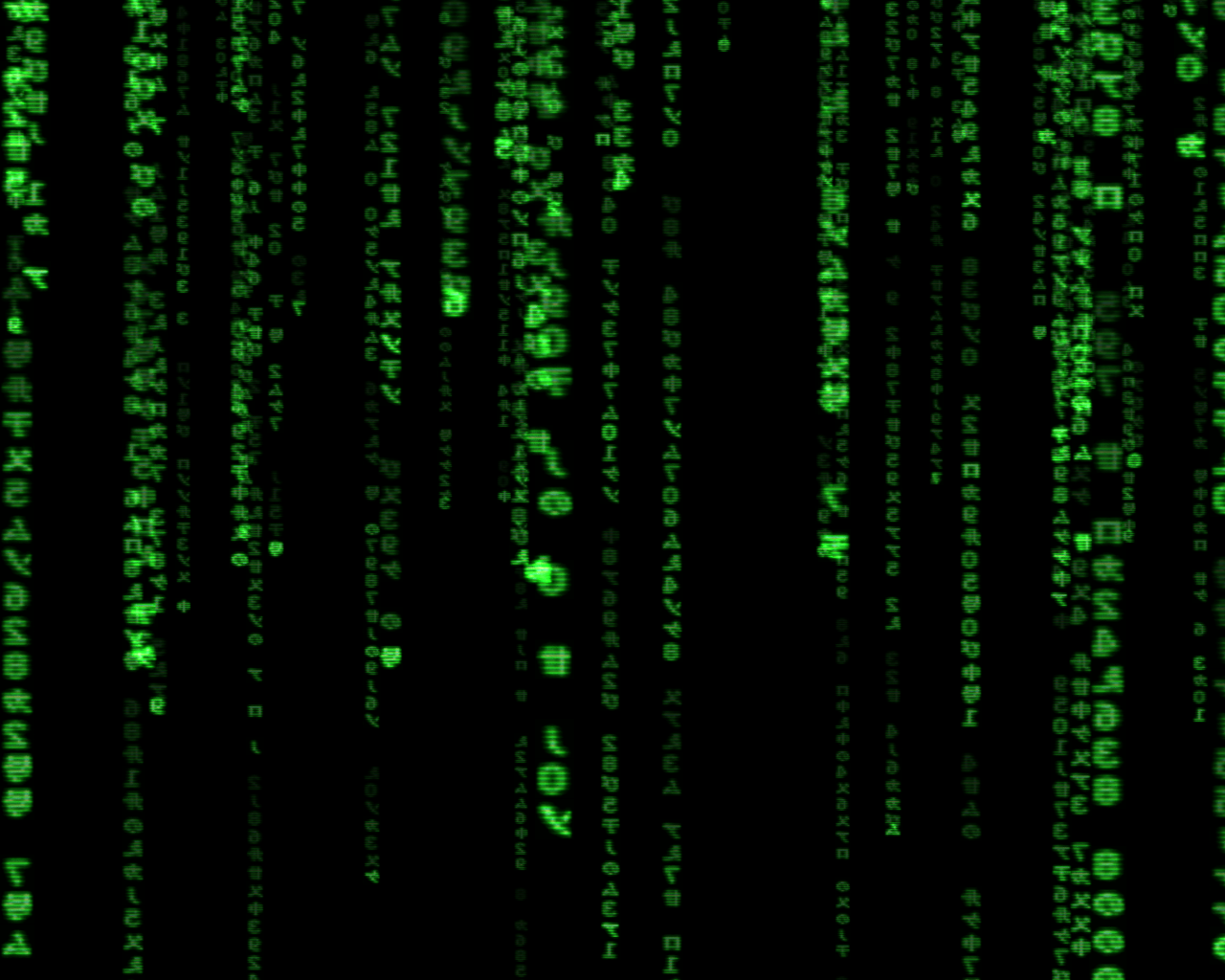A new physics discovery could mean we’re living in a simulation
Not to get all “Matrix” on you guys, but we could be living in a simulation.

A few minutes every morning is all you need.
Stay up to date on the world's Headlines and Human Stories. It's fun, it's factual, it's fluff-free.
Not to get all “Matrix” on you guys, but we could be living in a simulation.
This idea is nothing new. The “Simulation Hypothesis” has been around since 2003. It’s the idea that our lives are all really playing out in some kind of computer simulation. It was first popularized by philosopher Nick Bostrom. He said that at least one of three things must be true: all human-like groups in the universe die out before developing simulated reality tech; if any do create this technology, then they don’t actually run the simulations; or at least one runs simulated realities, and they’re able to make tons of simulations.
Rizwan Virk, author of the 2019 book “The Simulation Hypothesis,” explains: “[Bostrom] says that if even one civilization got to the point of creating one of these high-fidelity simulations, then they can create literally billions of civilizations that are simulated, each with trillions of beings because all you need is more computing power. So he’s making a statistical argument that there are more likely to be more simulated beings than there are biological ones just because it’s so quick and easy to create them. Therefore, if we are conscious beings, we are more likely to be a simulated being than a biological one.”
Well, physicists just made a discovery that could support this theory. Physicist Dr. Melvin Vopson and mathematician Serban Lepadatu are taking research from the field of information physics to propose a whole new law of infodynamics. The second law of thermodynamics says any natural process ends in a loss of energy and more disorder, or entropy, in a system. Vopson, who’s published research on how information itself is a form of matter, expected that rule to apply to information systems – that informational disorder would also rise over time. But, after watching the evolution of these systems, he saw the entropy generated actually stays the same or even decreases.
He then proposed the second law of infodynamics, which suggests that genetic mutations follow a pattern determined by information entropy and that the levels of entropy in the universe are actually constant as it expands (which goes against the widely accepted belief that it’s moving toward more entropy).
"The paper also provides an explanation for the prevalence of symmetry in the universe," added Dr. Vopson. "Symmetry principles play an important role with respect to the laws of nature, but until now there has been little explanation as to why that could be. My findings demonstrate that high symmetry corresponds to the lowest information entropy state, potentially explaining nature's inclination towards it. This approach, where excess information is removed, resembles the process of a computer deleting or compressing waste code to save storage space and optimize power consumption. And as a result supports the idea that we're living in a simulation."




Comments ()